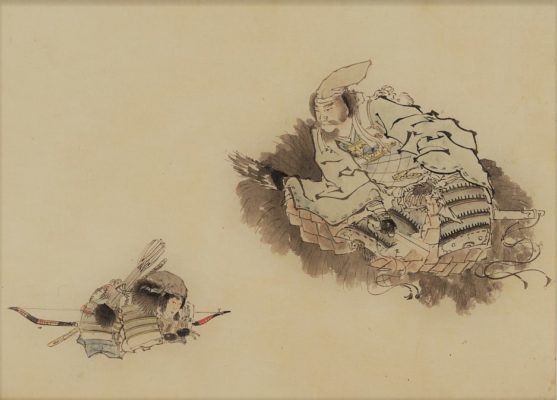
… high but not the highest intelligence, combined with the greatest degree of persistence, will achieve greater eminence than the highest degree of intelligence with somewhat less persistence
– Catharine Cox, Genetic Studies of Genius
How does a child go from good to great at something? Parents may have noticed that sometimes their child’s performance seems to plateau or stop progressing. For instance, a student may have improved his score from 60 to 70 and then to 85. Then strangely, the progress seems to stop. Every subsequent score seems to hover around 85.
The initial progress from 60-70 might have seemed very quick and the jump from 70 to 85 may also have seemed to have come relatively easily if one is used to hard work. By all outward indications, his expectation that sustained hard work would continue producing results would seem justified. He might have a legitimate expectation of crossing 90, until he realises that for some reason, he seems to have hit an invisible wall.
At this stage, should a student be satisfied with how far he has come or should he continue to hope for 90? Would that be wishful thinking which would leave him frustrated and unhappy when in fact, he has much to be proud of? Are scores above 90 only for the naturally talented? While contentment is a great virtue, choosing contentment because of a lack of understanding will result in missed opportunities and erroneous, disempowering beliefs about one’s ability.
The initial quick progress can be explained with the metaphor of low hanging fruits or the 80-20 rule known as the Pareto Principle. Usually, making small changes to work habits or corrections of minor misconceptions would yield very quick results. 80% of results could come from a mere 20% of effort. These are the low hanging fruits on a tree. With a little more of the same type of effort, one could even reach 85, fruits which are only slightly higher up but still within reach.
After this stage, the fruits get harder to reach. After jumping till your legs are sore, it might appear a sensible conclusion that those fruits are for someone taller. You are just not tall enough, no point jumping. This seemingly logical conclusion was debunked by Anders Ericsson in his paper, The Role of Deliberate Practice in Expert Performance:Ericsson Paper
His study was on what made some achieve exceptional results such as Olympic gold medals. Was it nature or nurture? As you might have guessed, the Science showed that results are not natural but a result of what Ericsson called deliberate practice and other environmental factors such as parental belief about their children’s ability.
Deliberate practice is different from generally practising. A short time of deliberate practice could yield much greater results than a much longer time of general practice. You practise deliberately, when you identify areas for growth and target those areas with very specific intervention strategies. As author Gabriel Weinberg puts it, deliberate practice is “deliberately putting people in situations at the limit of their abilities, where they are constantly practising increasingly difficult skills and receiving consistent real time feedback”.
“Limit of their abilities” refers to the areas in which students have room for growth. Every student has different areas for growth. Any structured tuition programme, no matter how eminent its creator is still a Procrustean bed in so far as it puts every student through the same lesson activities. How can it be that one programme no matter how carefully crafted, improves students with different areas for growth? Also, how can every student in a class of even 10 to 15 students receive “consistent real time feedback”?
The Old Masters of the art world such as Leonardo Da Vinci learnt from a Master in a workshop known as a bottega in a very small group setting. The master was then able to customise each apprentice’s learning experience according to each apprentice’s areas for growth and natural dispositions.
To go from 85 to 90 and beyond, what a student needs is deliberate practice, not innate talent. A student who is at 85 and plateauing should not be content. He should have his areas for growth identified and be given intervention strategies which are customised to his unique situation. His progress after intervention has to be closely monitored and he should be given consistent real time feedback. With deliberate practice, he will once again start seeing progress.
On a final note, students should be aware that deliberate practice is very hard work. A student might find himself struggling very hard to the extent that he feels like giving up. To cope well with deliberate practice, a student has to be mastery-oriented instead of being performance-oriented. A performance-oriented student will be motivated to continue as long as he sees obvious progress and if he performs better than his peers. A mastery-oriented student will be less concerned about his performance on any given day as compared to his peers. He is motivated by improving his own skill level and would be willing to persevere to achieve mastery even if that means he has to endure several sessions of poor performance.
To be great, you have to endure not being good for some time.
The Brain Dojo




